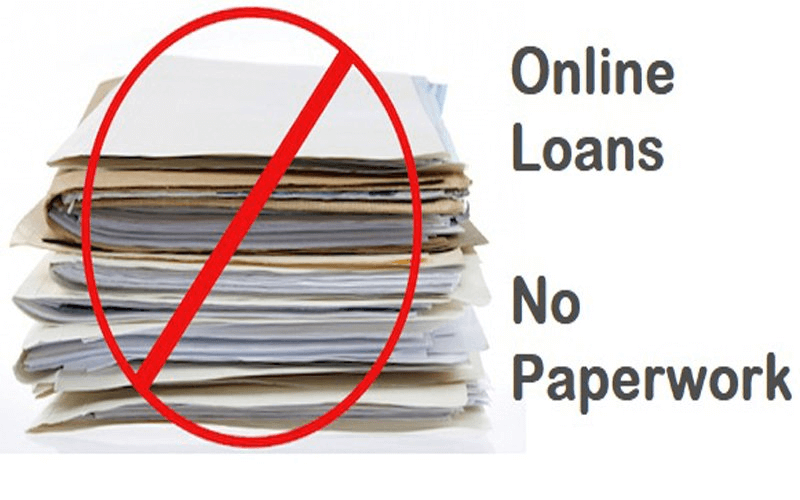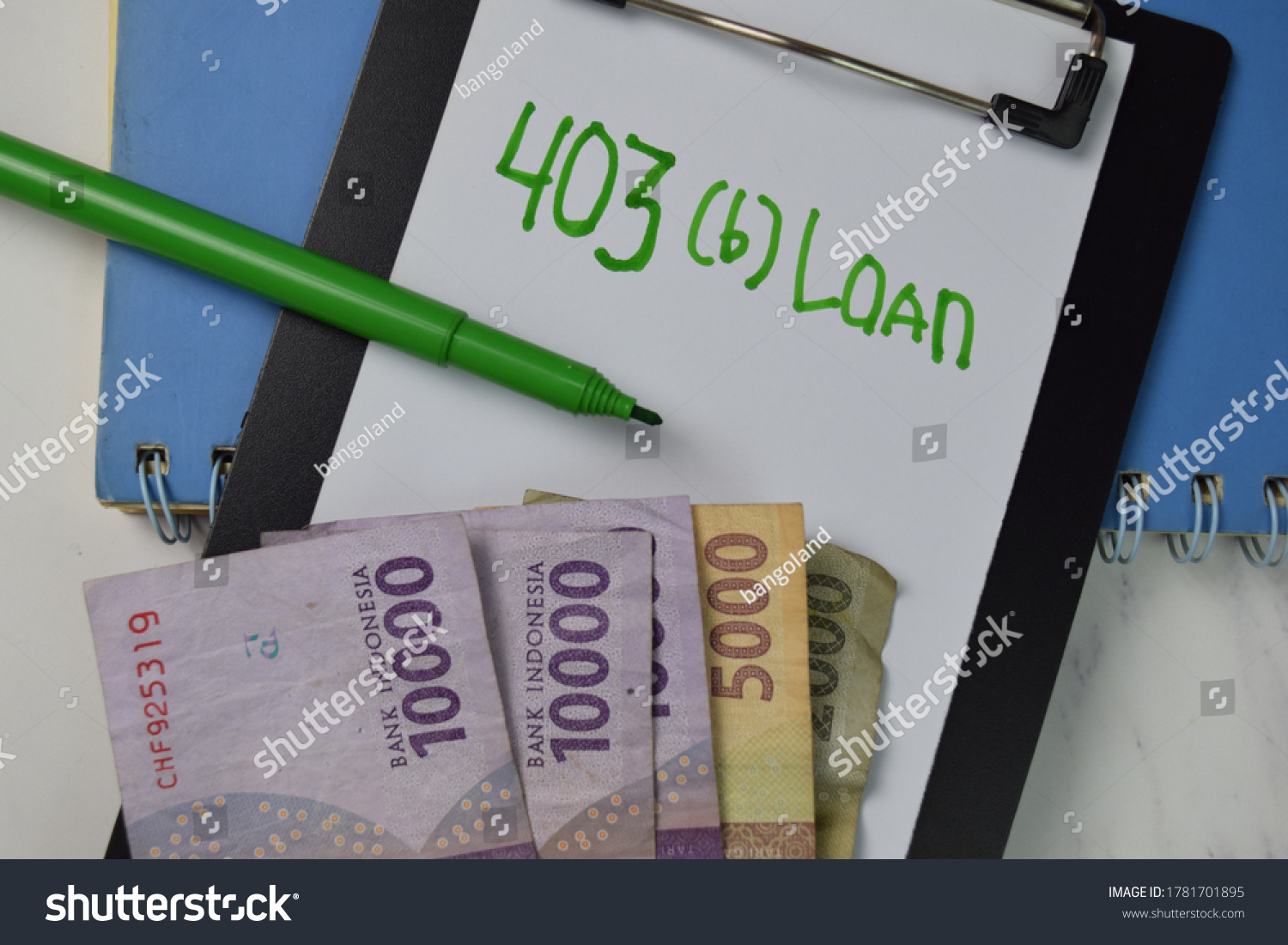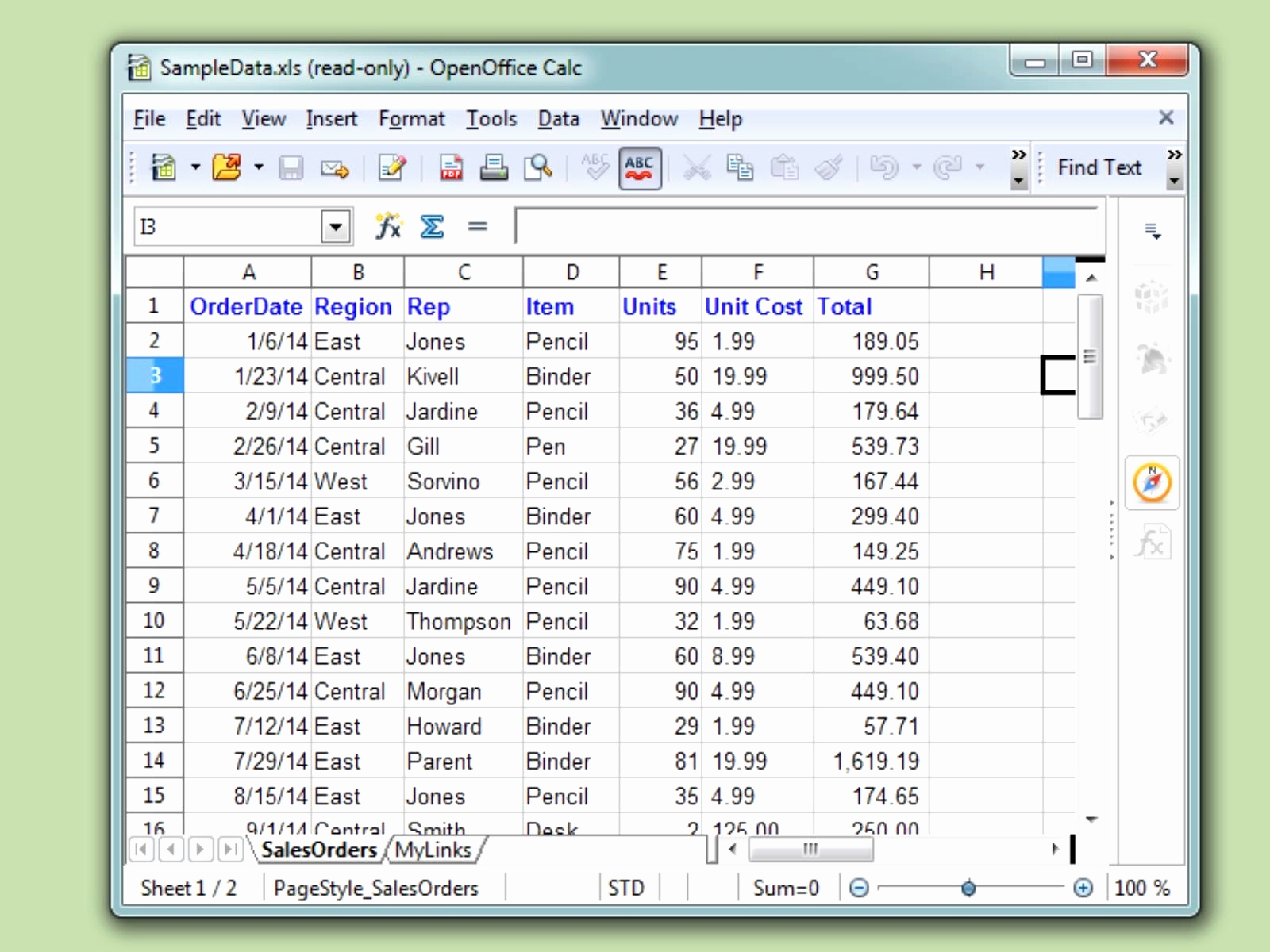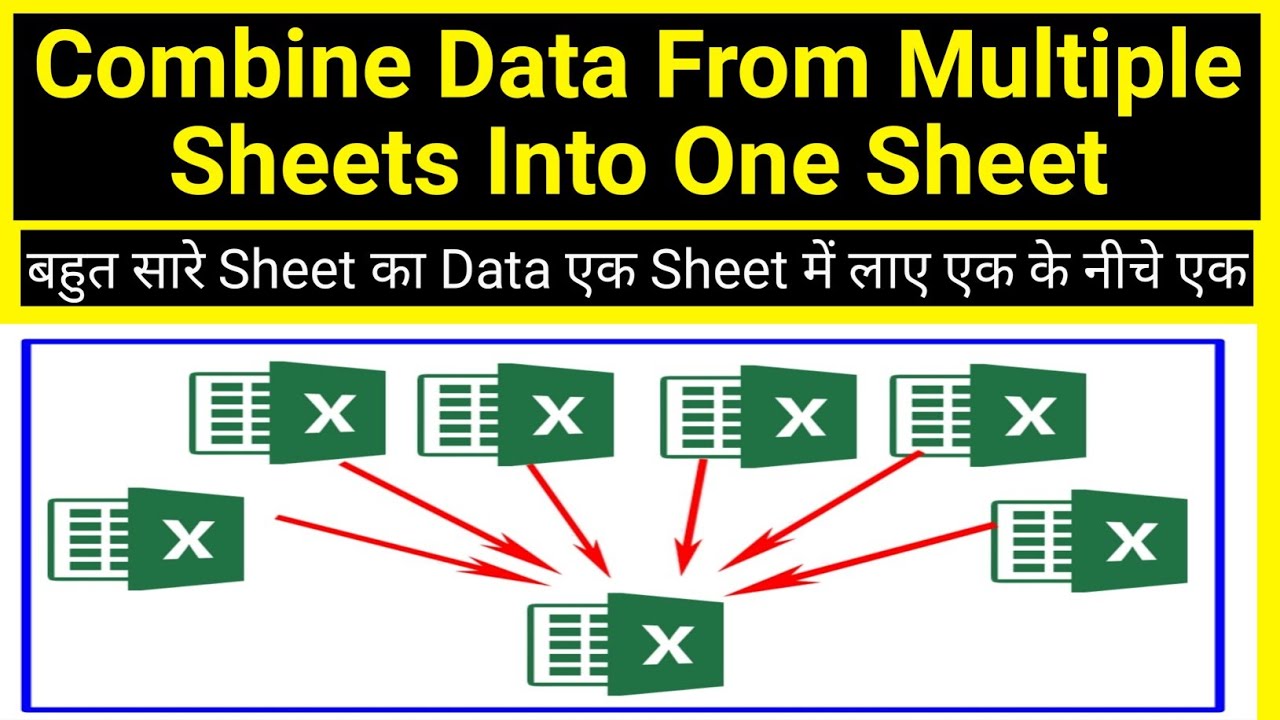Essential Loan Paperwork: What You Need to Disclose

When applying for a loan, understanding what documentation you need can make the difference between a swift approval and a prolonged process. Whether it’s for personal needs, a mortgage, or a business loan, lenders require a set of documents to assess your creditworthiness, financial stability, and ability to repay. Here's a comprehensive guide to the essential loan paperwork you need to disclose:
Personal Identification Documents

- Proof of Identity: Typically, a driver’s license, passport, or another government-issued ID to establish your identity.
- Social Security Number (SSN): Required for a credit check and verification of your background.
Proof of Income

To evaluate your financial health, lenders will look at:
- Pay Stubs: Recent pay stubs from your employer, usually the last two or three months.
- Tax Returns: Personal or business tax returns for the last two years if you’re self-employed or have significant investment income.
- W-2 Forms: Annual wage and tax statements if you are an employee.
| Document | Purpose |
|---|---|
| Pay Stubs | Verify recent employment and income |
| Tax Returns | Assess income over time |
| W-2 Forms | Confirm annual income from employment |

📝 Note: If you’ve experienced a significant change in income recently, provide documentation of any bonuses or raises.
Employment Verification

To verify employment and ensure stability:
- Employment Verification Letter: A letter from your employer confirming your employment status, salary, and years of service.
- Business License or Registration: For self-employed or business owners, to validate the legitimacy of the enterprise.
Assets and Liabilities

Lenders need an overview of your financial health:
- Bank Statements: Typically the last two or three months to assess liquidity and cash flow.
- Investment Accounts: Statements or proof of assets like stocks, bonds, or mutual funds.
- List of Debts: This includes car loans, student loans, credit card balances, and other outstanding debts.
Collateral Documentation

If you are applying for a secured loan:
- Title Deeds: For real property used as collateral.
- Vehicle Title: If using a vehicle as collateral for an auto loan.
- Appraisals: Professional appraisals of property or valuable items offered as collateral.
Down Payment Proof

- Down Payment Receipt: If a down payment is required, provide proof of funds transfer or deposit.
Credit Report

Your credit history is critical for loan applications:
- Although you don’t provide this, lenders will obtain it for you, but be prepared for any discussions about your credit score or history.
Ensuring you have all the necessary paperwork organized and ready can streamline the loan application process. Missing or incomplete documents can delay approval or result in denials. Here are some final notes:
📊 Note: Lenders might have specific requirements, so always check directly with them for any additional documents or particular formats.
In Closing

Preparing the correct documents when applying for a loan is essential for a smooth approval process. Remember to gather your personal identification, proof of income, employment verification, financial statements, collateral documentation, and any down payment proof. Also, be ready to address any questions about your credit history. By presenting all necessary documents in an organized manner, you demonstrate your preparedness and financial responsibility, which can positively influence the lender’s decision.
What if I can’t provide all the necessary documents?

+
Contact the lender to discuss alternatives or if some documents can be waived or substituted.
Can I use electronic copies of documents for loan applications?

+
Most lenders accept electronic documents, but always confirm with the lender before submitting.
Do I need to provide all documents upfront?

+
It’s generally a good idea to have all documents prepared from the beginning, although some lenders might allow phased document submission.



